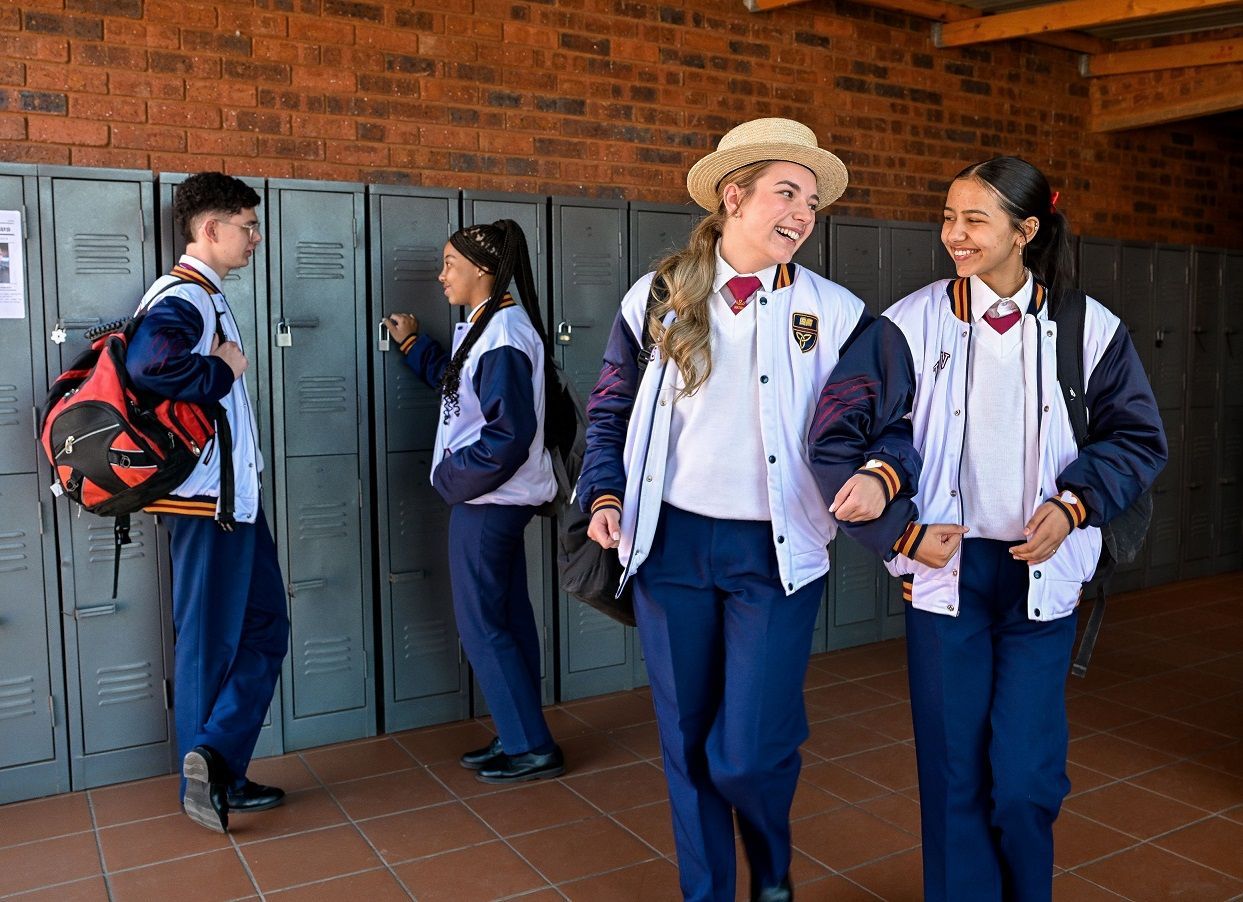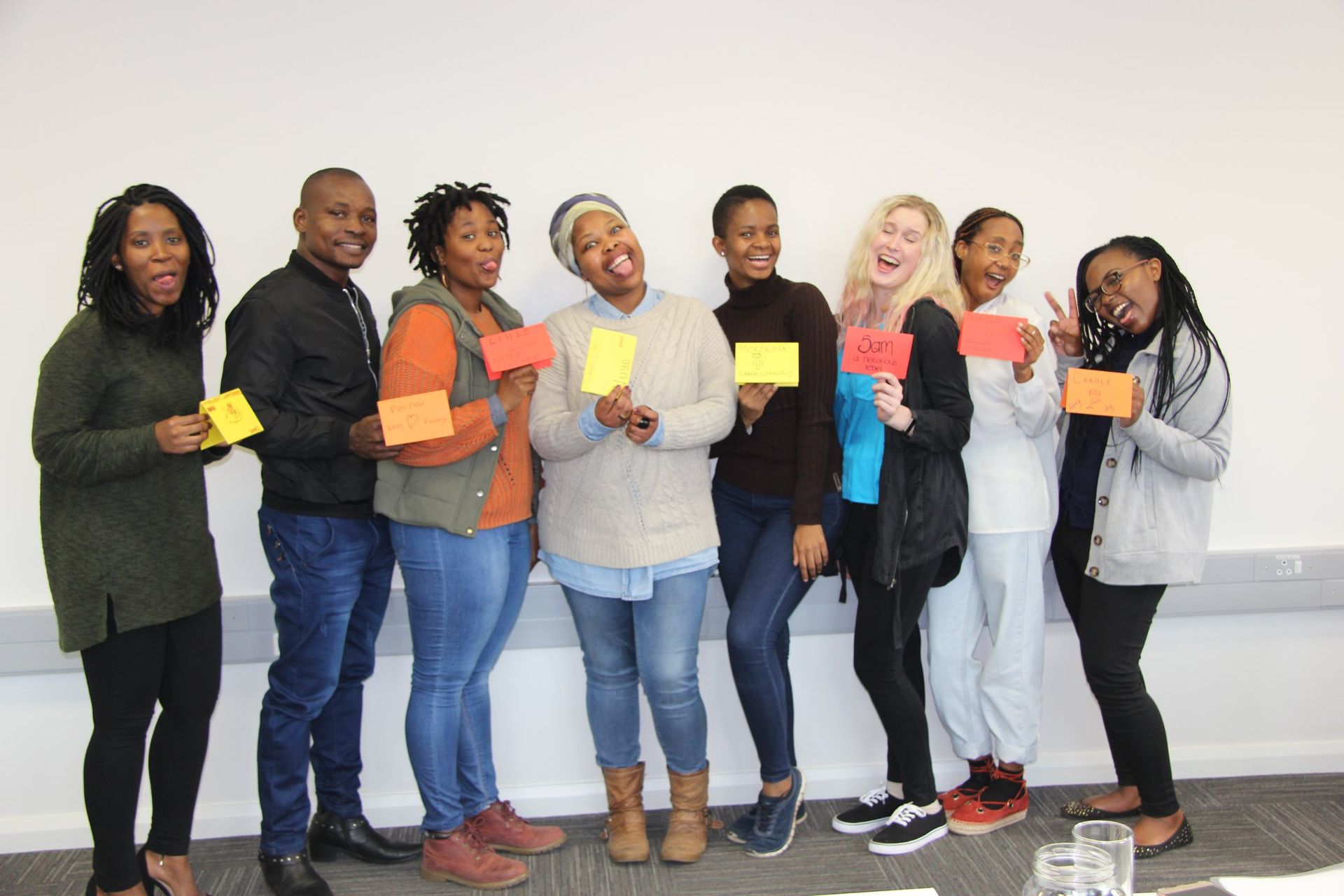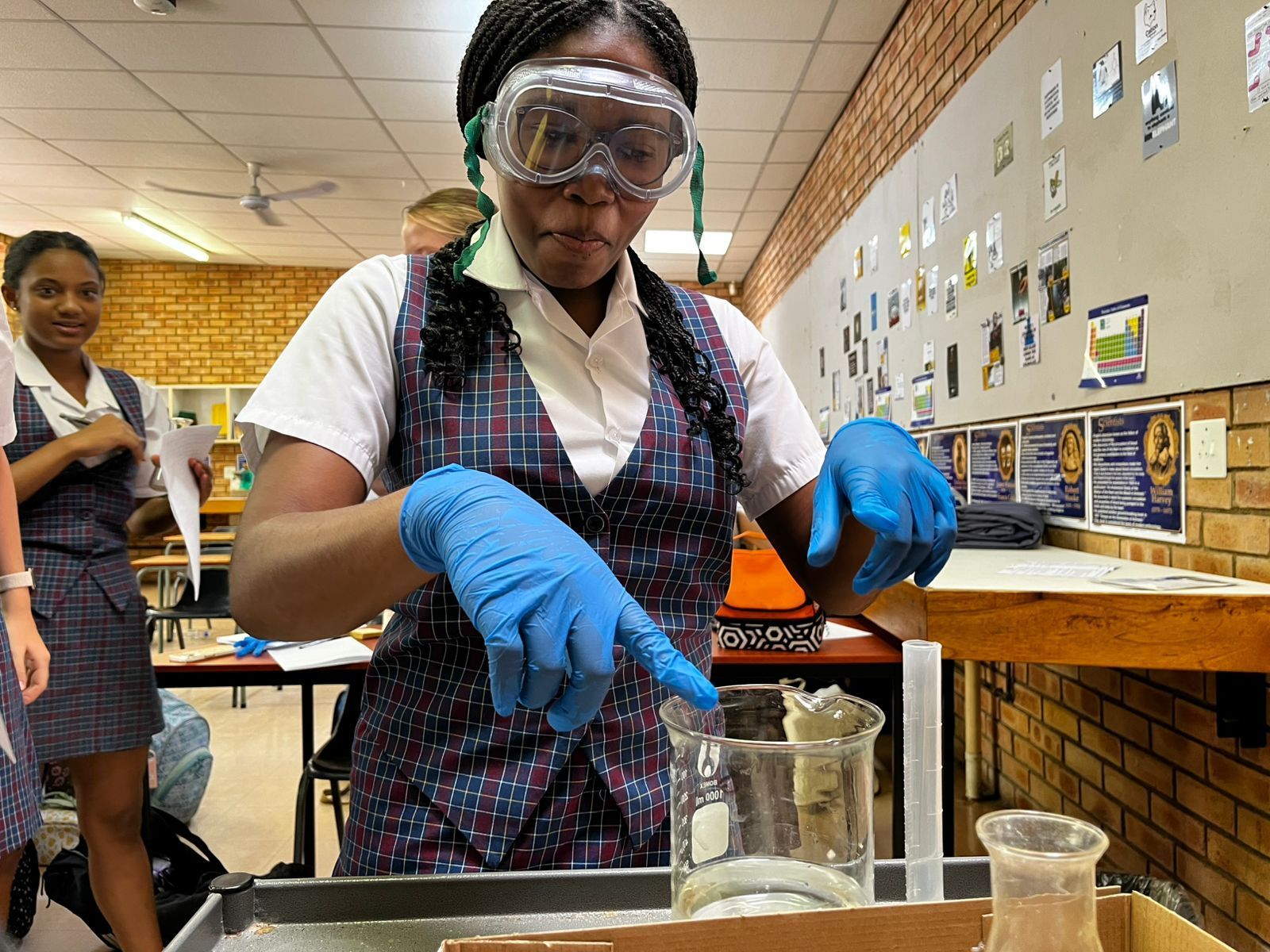The Curfew: Why is it Important? | Trinityhouse Randpark Ridge
Why Do Parents Set Curfews for Teens?
In times of both peace and unrest, the use of a curfew has ensured safety and control for “the people” and also those in authority. Putting a curfew in place for children and young adults serves a similar purpose. This topic, while controversial, is one that parents and guardians still find merit in, despite the popular, modern trend to be more lenient rather than restrictive.
The Practical Benefits of a Curfew at Home
Curfews apply to
children of all ages,
and this extends to teens and young adults still living at home. There are several reasons that a curfew is an effective and valid parenting tool. One of the more “selfish” reasons a curfew can be considered is the fact that if there is a curfew in place it allows the parents to better plan their lives by applying times that suit them; and that the parents are not kept up waiting all night for a young person to return home! Knowing that parents require you home at a certain time will also enhance your sensitivity to the needs of others; resulting in social courtesy. This courtesy makes for a far more manageable household.
Curfews and Teen Safety: More Than Just Rules
On a less flippant note; a curfew assists in ensuring the safety of our young people. Often, it is not how our children behave that worries us as parents, but rather how others behave. Certain times of day/night may be considered safer than others and so adhering to a curfew could assist in keeping your young person in a safe environment during those more risky times. In addition to this, a young person who is required to leave at a certain time will often be able use his/her curfew as a reason not to engage in certain behaviour or not to go somewhere where he/she is not comfortable. This is a very useful tool that they will have at their disposal and may allow them to bow out of an unwanted situation gracefully. Curfews have been helpful in ensuring the safety of our young people from behaviours such as drinking, drugs, promiscuity and violence. In a day and age where there are so many threats to a young person’s safety, we need to be using every tool at our disposal.
Structure, Discipline, and the Teenage Brain
Although most teenagers would deny it; something they yearn for is structure and a level of discipline. To a young person a complete lack of structure and discipline could equate to a lack of caring. It is a time in their lives when they are being bombarded from every side with new things to do and try and there is pressure from every sphere of their lives. Trying to balance school, sport, a social life and so on takes some doing. A parent can really assist if they put a curfew in place for the sake of the child’s busy schedule. This allows the child to form good habits and take responsibility for his/her schedule. Learning to work towards -and around- a curfew, and learning the importance of being on time is a vital skill so many of us have lost. Surprisingly, adherence to a curfew is so much more than a simple disciplinary step taken by parents. Once a child becomes accustomed to it, he/she will find that the same discipline applies to studying/personal relationships and general work ethic.
Curfews Should Be Fair and Flexible
It is obviously important to ensure that the curfew is reasonable, manageable and indeed, that it is appropriate and valid. It is not to be used as part of an autocratic style of parenting, but rather as a tool that benefits all members of the family. Often negotiation between parent and child will allow for some interesting discussions. Negotiating a curfew will also allow the child to feel his/her opinion is taken into consideration. Ultimately, of course, the decision needs to be that of the parent. The negotiation of a “curfew discretion” needs to be considered by parents too where the child is perhaps participating in something out of the ordinary. There needs to be a degree of give and take around curfew times.
The Limits of Curfews in Shaping Teen Behaviour
While the setting of a curfew is a powerful and meaningful tool to add to your arsenal as a parent, there are some limitations that need to be taken into consideration. This is not a means to yield power over a young person, rather something that should enhance your relationship of mutual trust. Simply setting a curfew will also not change poor behaviour miraculously either. It might curb some behaviours, but parenting is so much more complicated than just the issue of being home on time.
Final Thoughts: Are Curfews Still Relevant Today?
Going back to the historical reason for curfews in society (that of ensuring safety and control), I think that if one can do anything to ensure the safety of our children in a world where that has become increasingly difficult;
we should be doing it
.















